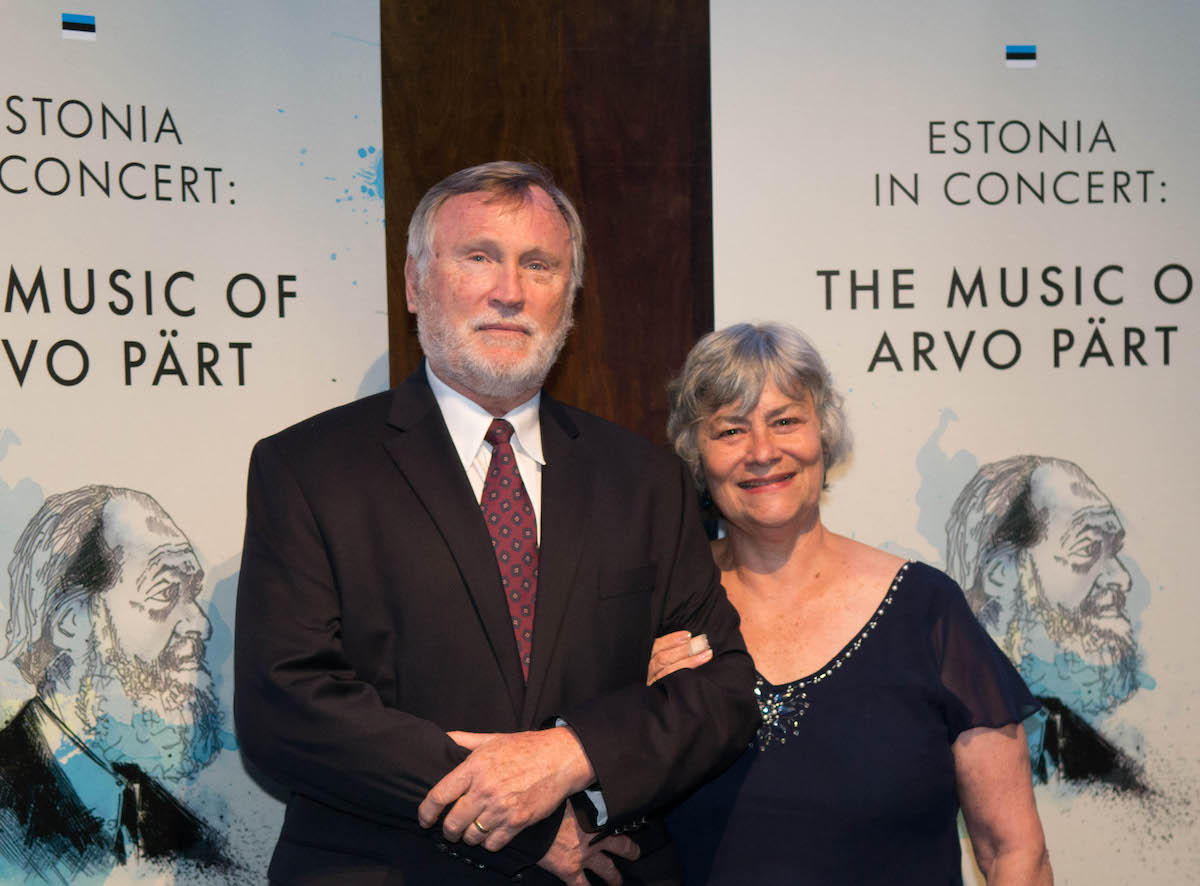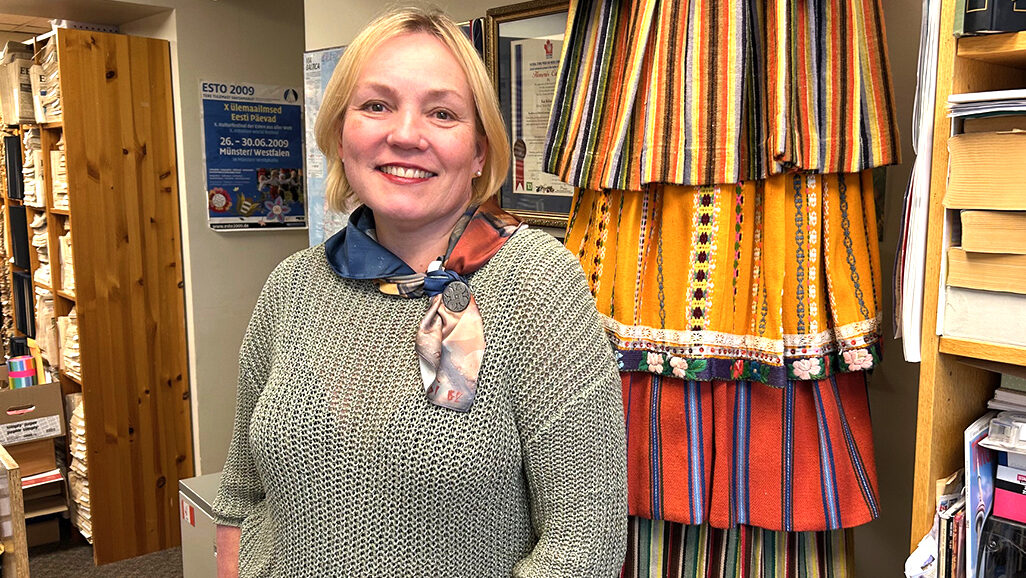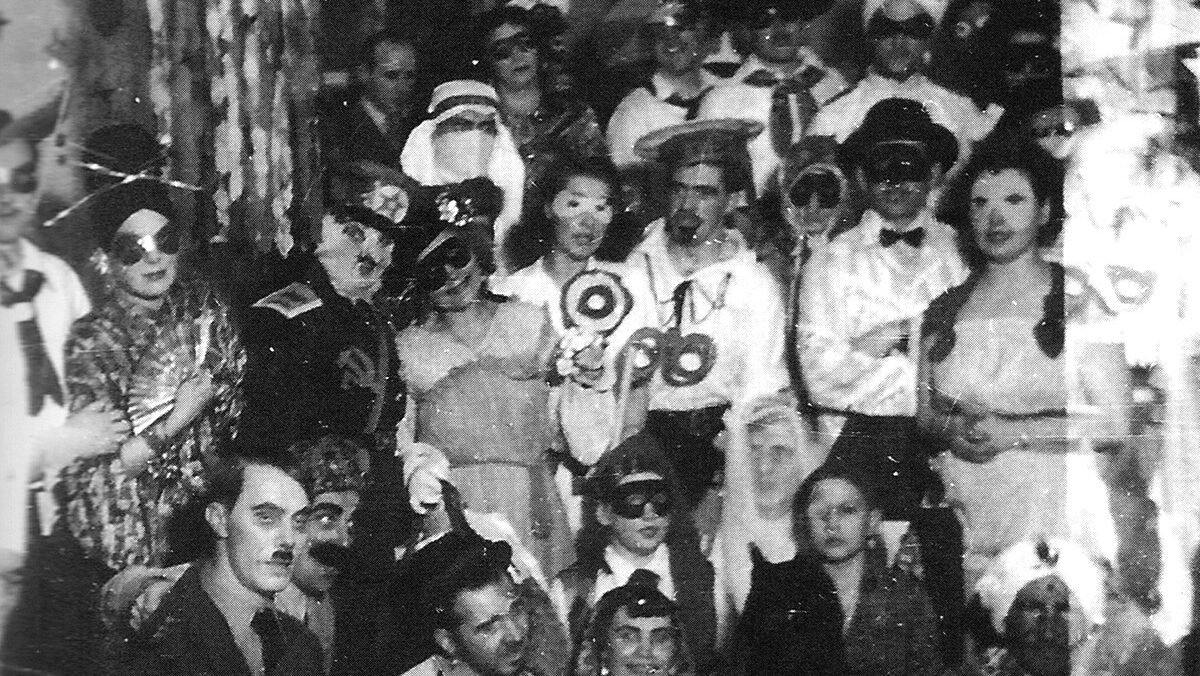I don't just mean in terms of the photography, but “full colour” in the way the words come to life.
In particular, his feature reminds me of discovering the story of August Sabbe, one of the last surviving metsavennad (Forest Brothers). Priit captured August Sabbe's brave last moments evading capture by the KGB in 1978. As a kid, I had piles of National Geographic magazines to read from, but I would always come back to this narrative because it felt like someone from the past had come back to tell their story in person. Priit's reporting on the Baltic nations' struggle for independence, paired with the emotive photography of Larry Price, made sense of modern Estonia for me. I believe that was when the perspective through which I understood Estonia as an American kid became more balanced.
The article from 1990, along with his 1980 article “Return to Estonia”, plays an important role in the legacy of reporting about Estonia. It was a thorough introduction for readers, and shaped how journalists now report on Estonia from outside. It brought increased visibility to Estonia, which was and still is crucial for the country's continued prosperity. I might add, this visibility also helps journalists report about Estonia with more contemporary focus, instead of devoting too much time to historical explanation. Imagine if Canadian journalists had to introduce the United States as a “country who gained independence from Britain in 1776 and has been making a good attempt ever since”?
With the publication of The Singing Revolution in 2008, accompanying the film of the same name, the power of culture in instigating change was shown. In 2009, Vesilind and Mai Maddisson published When the Noise Had Ended: Geislingen's DP Children Remember, giving a voice to displaced Estonian children at the end of the Second World War. Children are often overlooked in times of global hardship, but this publication gives voice to their experiences. The collection of photographs in this book also concisely represent the experience of the Estonian diaspora as they moved across the world.
In addition to his work as the head of the National Geographic Expeditions and Adventure Department, he is a photographer. There are quite a few of his own photos available in the National Geographic photo collection.
But all of this cannot be said without paying attention to investigative works such as Lost Gold of the Republic from 2005, which follows the history of the SS Republic, a steamship that served on both sides of the American Civil War, as well as transporting cargo and passengers. It met a perilous end in October 1865, sinking during a hurricane in the Atlantic with a heavy load of gold. The book also documents the search for the wreck, which resulted in the discovery of millions of dollars worth of gold and artifacts in 2003. Why do we vicariously seek the satisfaction of finding lost treasure? Maybe we're all looking for a nugget of something valuable from the past that we can hold in our own hands.
I remember when I was around 12 years old, I wrote to Priit, asking for advice. How could one see and capture the world like the folks at National Geographic do? There was a wealth of practical answers in response, but it was one reflection that stuck with me. He noted certain moments away from home on assignment, where he wondered what it would have been like to take another path… maybe as a chicken farmer! As an impatient 12 year old, it was distressing to think why someone would wonder about something like that, but it was important in retrospect. Curiosity and a sense of humour are what you'll need if you want to explore our planet. Travel can take a materialistic turn if you're going somewhere to “check it off your list”; but when you release your grip on plans and stay curious, you'll be more suited to adventure and tell others about it like Priit has.
If you can find a copy of National Geographic volume 178, number 5, go ahead and buy it. It's exciting whenever we get to see an Estonian like one of us go out and make an impact in our North American sphere, and this article serves as an inspiration for the adventurer in all of us.




